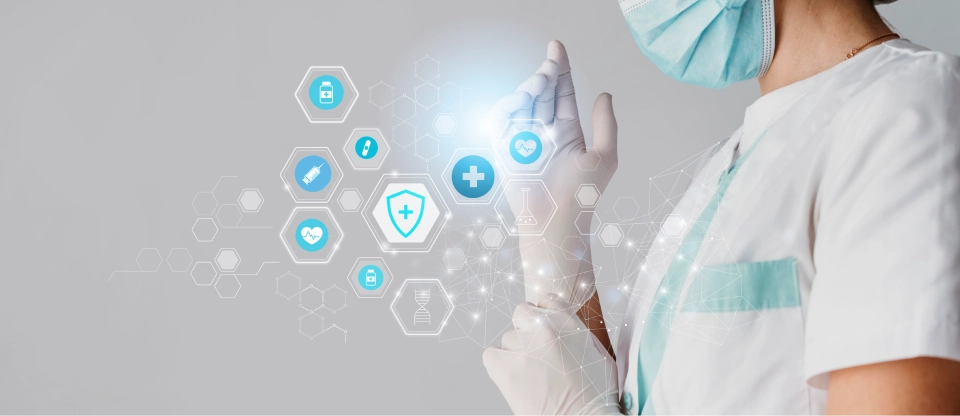Patient feedback is a cornerstone of quality improvement in healthcare, with studies showing that hospitals actively using patient feedback data can achieve considerable improvement in patient satisfaction scores. In an era where patient-centered care is paramount, listening to patients in real-time isn’t just a luxury—it’s a necessity. Yet, traditional feedback mechanisms, such as post-visit surveys, are often too slow and generic to provide actionable insights. This delay leaves healthcare providers with blind spots, unable to promptly address issues or improve experiences. That’s where custom healthcare software for real-time feedback comes into play, bridging the gap between patients’ voices and immediate action.
Custom software solutions enable healthcare organizations to capture, analyze, and act on patient feedback in real-time, revolutionizing how they engage with patients. From in-app surveys to interactive kiosks, these solutions offer a wide range of channels for collecting feedback when it matters most—whether during a telehealth consultation, at the bedside in a hospital, or after a routine clinic visit. Beyond data collection, custom platforms can leverage AI and analytics to sift through vast amounts of patient input, highlighting trends and identifying critical areas for improvement. This level of responsiveness empowers providers to enhance care delivery and helps build patient trust and loyalty, impacting their overall experience.
Published on: 19 Dec 2024








